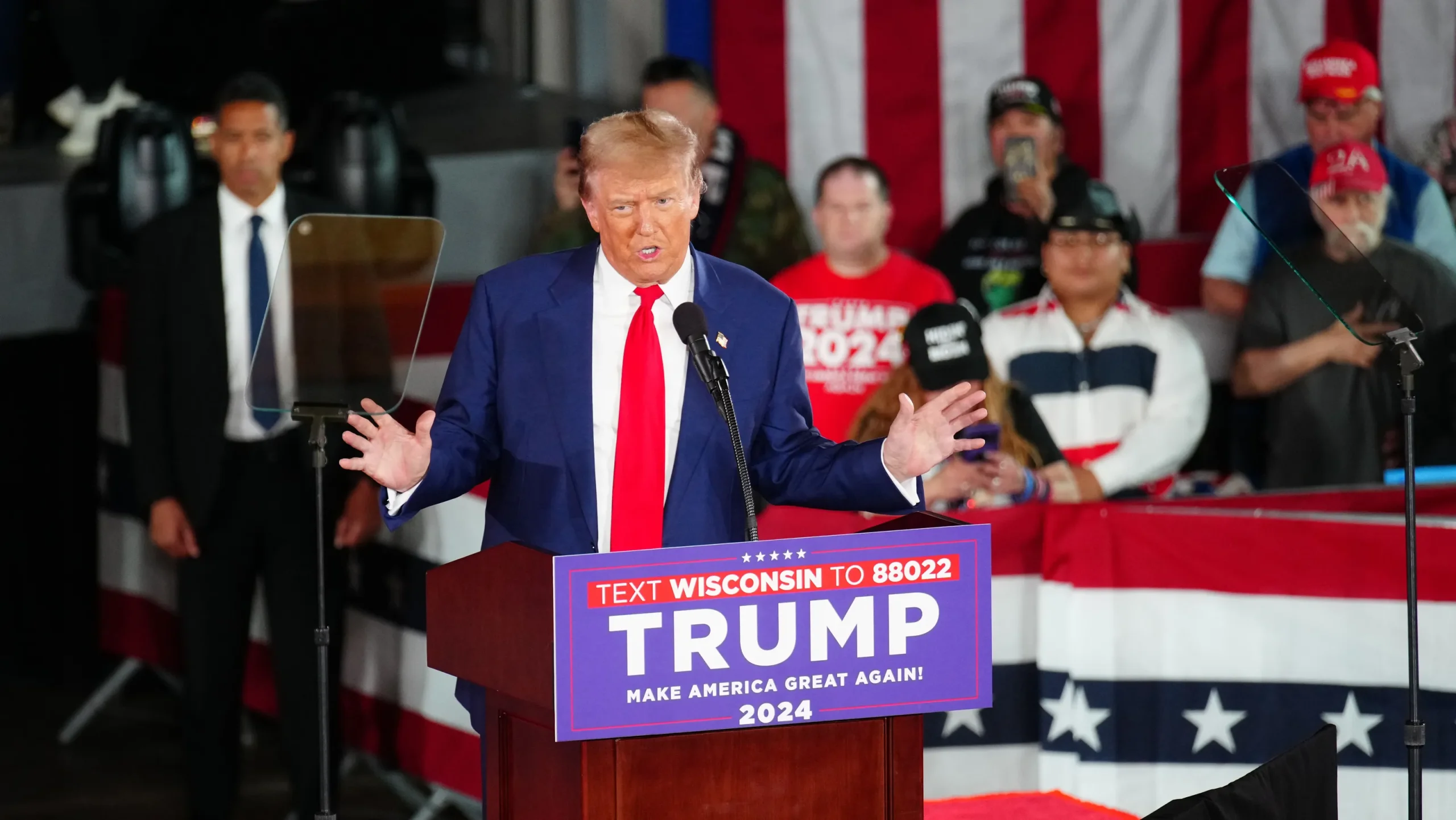In a recent speech in Pennsylvania, Donald Trump declared himself the “protector” of women, making bizarre claims that he would shield them from ever feeling “abandoned, lonely, or scared,” and even make them stop thinking about abortion. His rhetoric was unsettling, with some online commentators likening his tone to a captor speaking through a locked door.
Trump’s words are part of his larger narrative where he positions himself as a defender of women, despite his extensive record of misogynistic comments and actions. As Kamala Harris pointed out in a podcast interview, this is the same man who once advocated for punishing women for having abortions and has repeatedly insulted them.
Despite his claims, Trump has shown time and again that his real priority is protecting men accused of sexual violence. This was highlighted by a report from Senator Sheldon Whitehouse that revealed the Trump administration’s role in covering up allegations against Supreme Court Justice Brett Kavanaugh during his confirmation hearings.
When Christine Blasey Ford accused Kavanaugh of attempted rape, Trump and his team suppressed evidence and blocked the FBI from investigating the claims properly. The administration even ignored tips that could have corroborated Ford’s allegations, undermining the investigation and manipulating the process to ensure Kavanaugh’s confirmation.
The handling of the Kavanaugh case reflects Trump’s broader attitude toward sexual violence. He has consistently surrounded himself with men accused of similar misconduct, showing an indifference to the safety and dignity of women.
Polls at the time indicated that the majority of Americans believed Kavanaugh was guilty, yet Trump pushed for his confirmation, which suggests that he, too, believed in Kavanaugh’s guilt. Instead of seeking truth, Trump worked to silence witnesses and block justice, furthering the perception that he is more interested in protecting the powerful than doing what’s right.

This attitude extends beyond Kavanaugh. Trump has rehired men like Corey Lewandowski, who has a history of sexual harassment and assault allegations. Lewandowski’s return to Trump’s campaign, despite these accusations, shows how Trump values loyalty and disregard for accountability over basic decency.
Other close associates of Trump, including Rudy Giuliani and Steve Bannon, have also been accused of sexual or domestic violence, indicating a pattern where Trump surrounds himself with individuals who share a troubling disregard for women.
Elon Musk, another figure in Trump’s orbit, has also adopted similar behavior. In an attempt to gain favor with Trump, Musk publicly harassed pop star Taylor Swift, mocking her for endorsing Kamala Harris instead of Trump.
Musk’s comment, which many perceived as a veiled rape threat, was condemned by Hillary Clinton as an example of how powerful men in tech cannot stand to see strong women like Swift assert themselves. This kind of rhetoric, where lack of consent becomes a punchline, underscores the toxic environment that surrounds Trump and his supporters.
In the end, Trump’s words and actions reveal a deep-rooted belief in the entitlement of wealthy, powerful men to behave as they please, even when it comes to sexual violence. The Kavanaugh case, along with Trump’s personal history of sexual misconduct, illustrates how he has consistently worked to shield men from accountability.
His deposition during his own rape case, where he casually mentioned the long-standing “right to rape” for rich men, further demonstrates how little regard he has for the victims of such crimes. Trump’s true concern is not protecting women but ensuring that men like himself can act without consequence.


